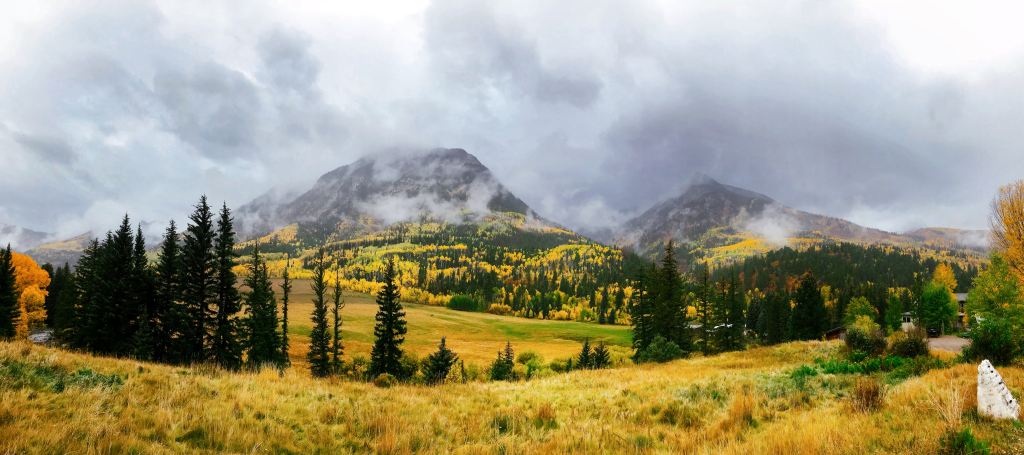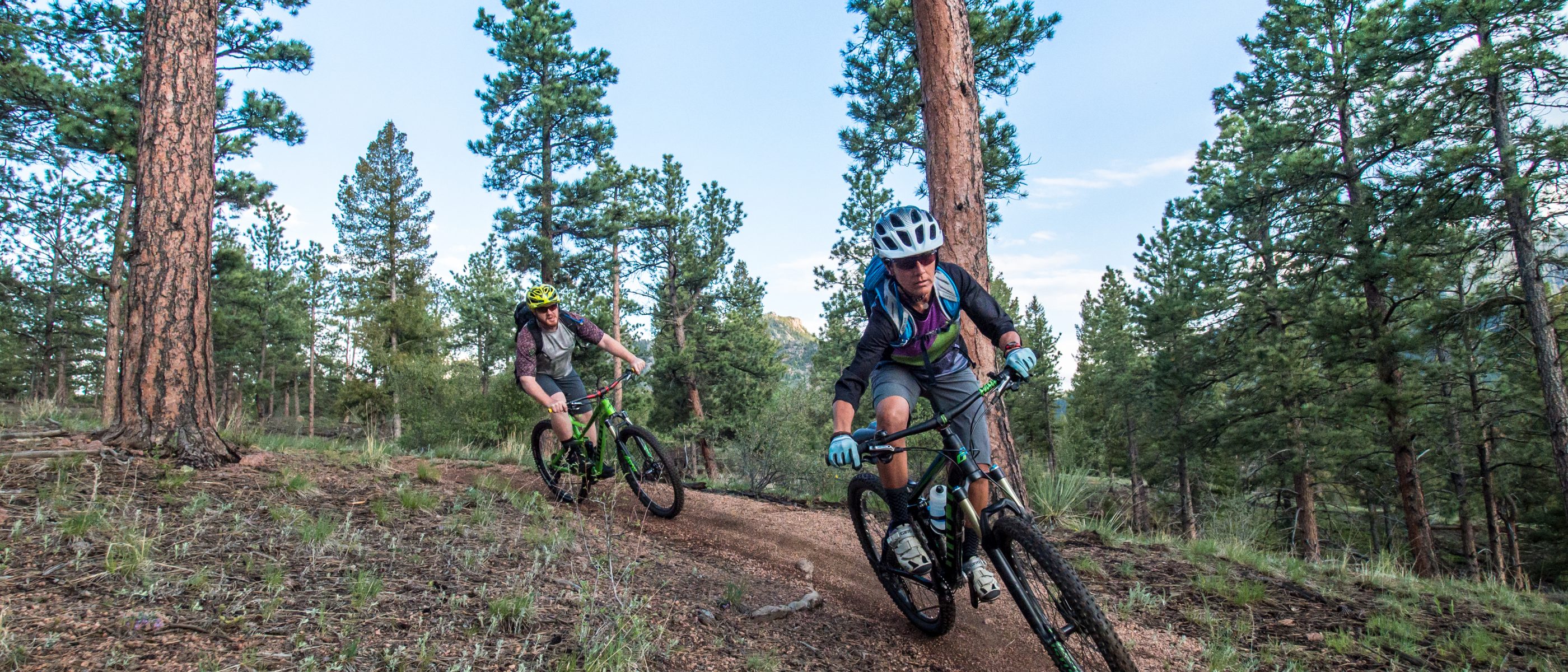After years of work, sweat and trail testing, Colorado finally struck gold in the mountain-biking world.
The International Mountain Bicycling Association (IMBA) announced the designation of Colorado’s Roaring Fork Valley as a Gold-Level Ride Center™ on Wednesday, making the valley only the seventh region in the world (and the fifth in the U.S.) to earn IMBA’s highest designation for a mountain-biking trail community. Ride Centers with this title meet standards related to quality, variety and number of trails and trail types. Other Gold-Level centers are in Boise, Idaho; Duluth, Minnesota; Nelson and Rotorua, New Zealand; Oakridge, Oregon; and Park City, Utah.
While IMBA-designated Ride Centers come in three tiers—gold, silver and bronze—they all feature extensive trail networks that cater to riders of all skill levels, including everything from beginner cross-country rides to shuttle-served gravity trails. Qualification varies based on criteria such as miles of singletrack and the overall quality of the trail experience.

Mountains near Carbondale, Colo. (Photo Credit: Donald Giannatti )
Dave Wiens, IMBA executive director, said it’s a major achievement for the Roaring Fork Valley to move from Bronze-Level to Gold-Level.
“Aspen and Snowmass have long been known as elite ski and snowboard destinations and now, with IMBA Gold-Level Ride Center status, they also have world-class mountain biking to match,” he said.
It may be surprising that Colorado—a state that has long attracted mountain bikers from around the world—only recently had a community achieve a Gold-Level status. Although the state is known for its great high-alpine riding, Ride Centers must accommodate all skill levels, said Eleanor Blick, IMBA spokesperson.
“Some of the places you might think of as mountain-biking destinations lack trail diversity, meaning they might lack gravity trails or family-friendly trails,” she said. “In the case of the Roaring Fork Valley, they went from bronze to gold by adding a wide variety of bike-optimized and gravity trails that are very well-built, super fun and easily accessible.”
The valley, which stretches from Glenwood Springs to Aspen, first received a bronze designation in 2014, and it took nearly six years of collaboration between land managers, community partners and trail advocates to make the jump to gold. They also opened more trails to mountain bikers, which added trail variety, Blick said. Today, the trail network includes more than 300 miles of high-quality singletrack that spans the entire valley.
“Our hope is this Gold-Level designation [helps] our community to understand that we’ve got this amazing world-class asset,” said Mike Pritchard, executive director of Roaring Fork Mountain Bike Association (RFMBA), a local chapter of IMBA. He hopes that it could encourage more people—including non-mountain bikers—to support the trails through volunteer efforts.
Though Pritchard said that increasing tourism wasn’t the main reason for seeking the designation, becoming an IMBA Ride Center can be a significant boon to the local economy. A 2014 study showed that mountain bike tourism contributed up to $5 million in direct spending in Gold-Level Oakridge, Oregon. And local advocates often use designations to pursue future trail investment and development, Blick said.
One of the best ways for riders to experience what the valley offers is traversing the Rio Grande Trail, which extends 43.5 miles from Glenwood Springs to Aspen.
Editor’s note: In 1993, REI became a supporter and advocate of IMBA, establishing a relationship that continues today.
